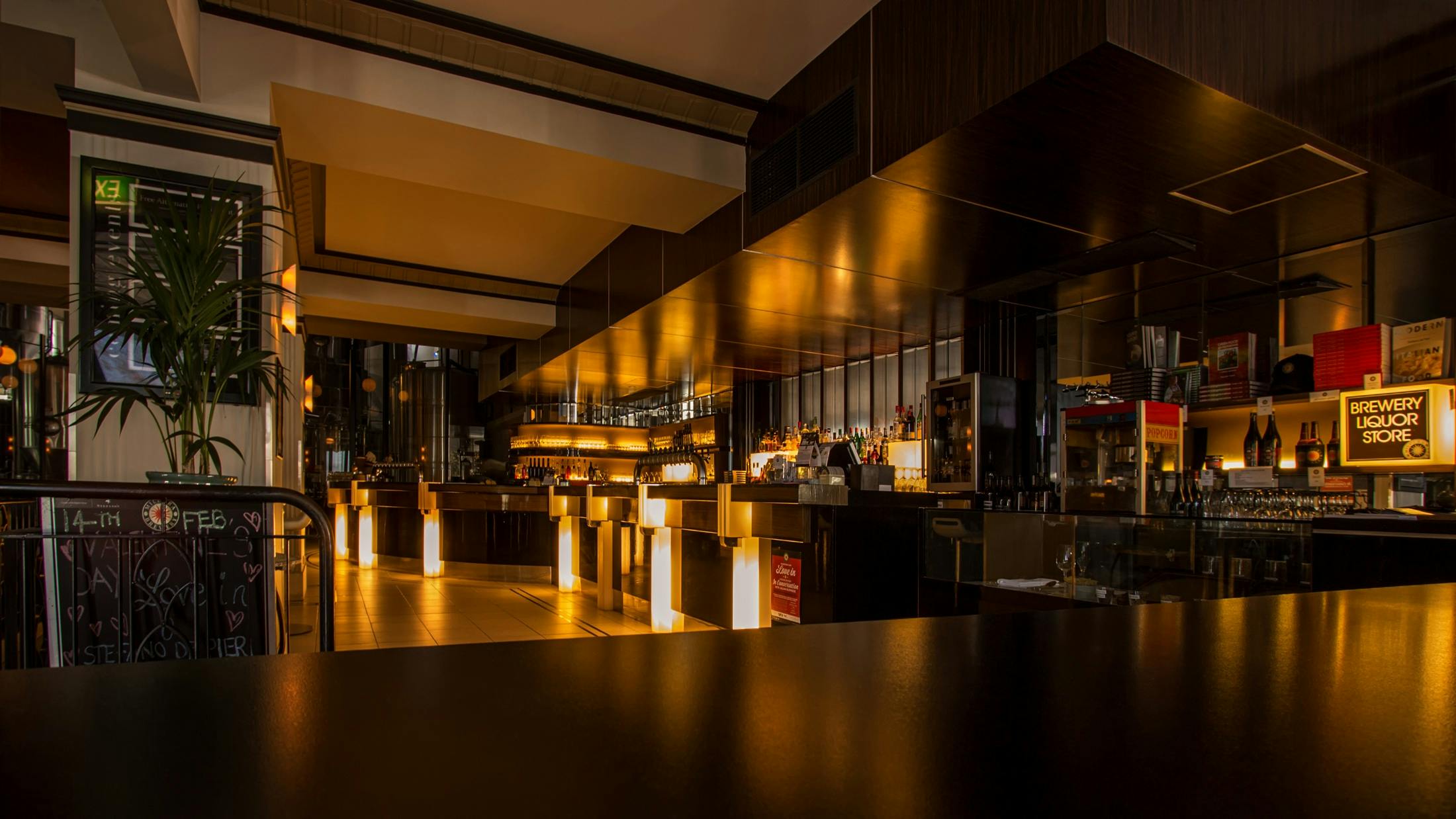When 81% of travelers read reviews before booking a hotel, online reputation isn't just important, it's everything. But there's a growing crisis that's quietly eroding the foundation of trust in the hospitality industry: fake reviews.
The Fake Review Epidemic in Hospitality
The numbers are staggering. Research shows that 85% of consumers suspect reviews are fake "sometimes or often," and 67% of consumers consider fake reviews a major concern when making purchasing decisions. In the hospitality sector specifically, this skepticism has reached critical levels, with travelers increasingly uncertain about which properties they can trust.
The scale of the problem is massive. Fake reviews cost online consumers an estimated $770.7 billion globally in 2025, with projections indicating this could reach over $1 trillion by 2030. For hospitality businesses, this isn't just a consumer problem—it's an existential threat to their reputation and bottom line.
Even major review platforms are struggling to keep up. TripAdvisor, one of the most trusted names in travel reviews, has been engaged in what they describe as a constant "cat and mouse game" with fake review operations, with more than one-third of paid submissions coming from organized fraud networks. While platforms removed 90% of detected fake reviews using AI technology in 2024, the keyword here is "detected"—countless fraudulent reviews still slip through.
Why Traditional Reviews Are Failing Travelers
The erosion of trust in online reviews has created a paradox in the hospitality industry. While 81% of consumers always read reviews before booking, 63% of shoppers report being more concerned about fake reviews than they were five years ago. Travelers are caught between needing information and doubting its authenticity.
This skepticism is well-founded. Studies reveal that 42% of reviews on major platforms may be fake, and 93% of users believe there are large numbers of fake reviews on social media platforms. The result? Travelers are making decisions worth hundreds or thousands of dollars based on information they fundamentally distrust.
The stakes are incredibly high. Research from Expedia found that 72% of travelers will choose a hotel with higher review scores over brand names or lower prices. Guests will even pay 35% more for a hotel with a rating of 4.4 compared to one with 3.9. When fake reviews can artificially inflate or deflate these scores, the entire market becomes distorted.
The Real Cost of the Trust Gap
For legitimate hospitality businesses providing excellent service, the fake review problem creates an unfair competitive disadvantage. Properties investing in quality, training, and genuine guest satisfaction find themselves competing against establishments gaming the system with purchased reviews.
The damage extends beyond individual businesses. When 50% of consumers say they won't purchase a product if they suspect fake reviews, and 62% actively avoid brands involved in review censorship, the entire industry suffers from decreased consumer confidence. This trust deficit means travelers are booking with more hesitation, leaving more negative reviews out of defensiveness, and approaching their stays with skepticism rather than excitement.
Moreover, the problem is becoming harder to detect. With 46% of customers now suspicious that reviews may be AI-generated, even legitimate positive feedback falls under suspicion. The line between authentic praise and manufactured marketing has blurred beyond recognition.
Why Verified Standards Matter More Than Ever
This is where hospitality verification changes the game. Unlike crowdsourced reviews that can be manipulated, verification systems rely on transparent, measurable standards assessed through rigorous processes. When a property displays a verified certification badge, it represents something fundamentally different from a star rating or review score—it's proof of quality that can't be bought or faked.
Verification systems address the core weakness of traditional reviews: they replace subjective, potentially fraudulent opinions with objective, independently confirmed standards. These might include cleanliness protocols, service benchmarks, safety measures, and operational excellence—all verified through actual inspection and ongoing compliance rather than anonymous internet comments.
The hospitality industry has already proven the value of verification in specific areas. Certifications for sustainability, safety, and quality management have shown that when properties meet verified standards, they see increased guest loyalty, higher occupancy rates, and stronger market positioning. What's been missing is a comprehensive verification system focused specifically on the guest experience factors that travelers actually care about.
The Future of Trust in Hospitality
As fake reviews become more sophisticated and consumer skepticism continues to grow, the hospitality industry faces a choice: continue relying on increasingly questionable online reviews, or embrace verification systems that provide genuine, trustworthy indicators of quality.
For travelers, verification offers the certainty they're desperately seeking. Instead of parsing through hundreds of potentially fake reviews trying to discern truth from fiction, they can look for properties bearing verification marks that confirm actual standards have been met.
For hospitality businesses, verification provides a way to stand out in a market drowning in noise. Rather than competing for reviews that guests no longer trust, properties can earn verification badges that carry real weight. It's the difference between claiming to be excellent and proving it through transparent, third-party confirmation.
The gap between what guests need to know and what reviews can reliably tell them has never been wider. Hospitality verification doesn't just fill that gap—it offers a path forward for an industry where trust is everything, and traditional reviews are failing to deliver it.
When transparency meets measurable standards, and genuine guest feedback is combined with objective verification, we don't just solve the fake review problem—we create a new foundation for trust in hospitality. That's not just better for travelers and businesses; it's essential for the future of the industry itself.
Ready to stand out with verified excellence? Learn how Verramark's transparent verification process can help your hospitality business earn trust that reviews alone can't provide.



.jpg)


